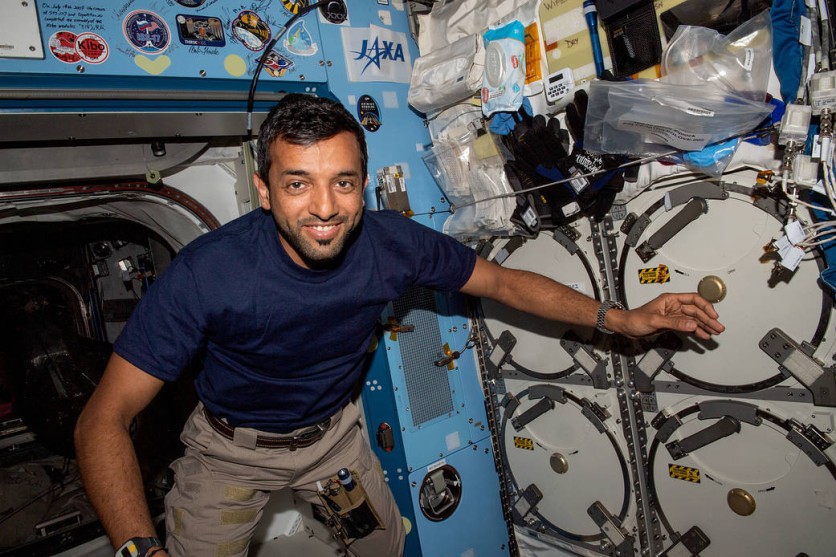Space is beyond what religions and practices perceived when they were first made, as what is beyond the skies or heavens would be the place where creators or ethereal beings reside. However, this does not mean that knowing space or venturing into it voids one of their religion, and this is something that has been explored in the past.
The current mission of the United Arab Emirates' astronaut, Sultan Alneyadi, flight engineer of the Expedition 68 mission towards the International Space Station may provide information and further development to this.
UAE Astronaut May Bring More Information on Religions in Space

Emirati astronaut Sultan Alneyadi was the second person from the UAE to go to space, but his inclusion in the mission may bring more answers to the world apart from his original and primary mission in orbit.
According to Interesting Engineering, his presence on the ISS may bring more information to how people could continue to observe their religions in orbit, especially as his 6-month stay would coincide with an important Muslim event.
Ramadan began last March 22 and will end on April 20, and the religious traditions would have Alneyadi fasting from dawn to dusk, which is difficult in the ISS as it faces 16 sunsets in 24 hours.
There is also microgravity in the ISS, which would prevent Alneyadi from kneeling to pray during Ramadan's observation.
Observing Religious Practices is Not Prohibited in Space
While there are still no answers from the flight engineer regarding this, it is important to note that NASA and other space agencies have no prohibitions or bans from practicing religions in space. It does not matter what a person's religion is, as it is open to any belief, as long as their collective effort contributes to the growth of humans' study in space, aboard the ISS.
Residing in the International Space Station
Missions towards the ISS differ on the companies or agencies which sent them, as they would have specific roles and responsibilities to conduct while on the orbiting space station. Some could have their missions extend to as much as six months or more, while others may only be in it for several weeks before heading back to the planet.
The recent launch towards the ISS was conducted on March 2, with SpaceX using its Falcon-9 and Crew Dragon to bring these astronauts aboard. It also included Sultan Alneyadi, who is the first Arab to go to the ISS with an extended stay and the second Emirati to go to space.
The ISS is not exactly a vacation trip or an exotic destination, as venturing to the cosmic heavens is only a plus or perk to their mission or tasks, which mostly center on studies and learning more about space.
Alneyadi's role may extend to a more insightful experience for him, the Islam community, and all the religions in the world, as he could provide information as to how and what is the best way to observe faith-based practices outside of the Earth.
Since the world is entering the space age and more missions are conducted with people leaving the planet, agencies believe that there should be no religious discrimination, and something which people may bring off-world.
Related Article : 'Space Salad' is Coming for Astronauts to Keep them Healthy and Stuffed for Their Missions in Orbit, Deep Space

![Apple Watch Series 10 [GPS 42mm]](https://d.techtimes.com/en/full/453899/apple-watch-series-10-gps-42mm.jpg?w=184&h=103&f=9fb3c2ea2db928c663d1d2eadbcb3e52)



